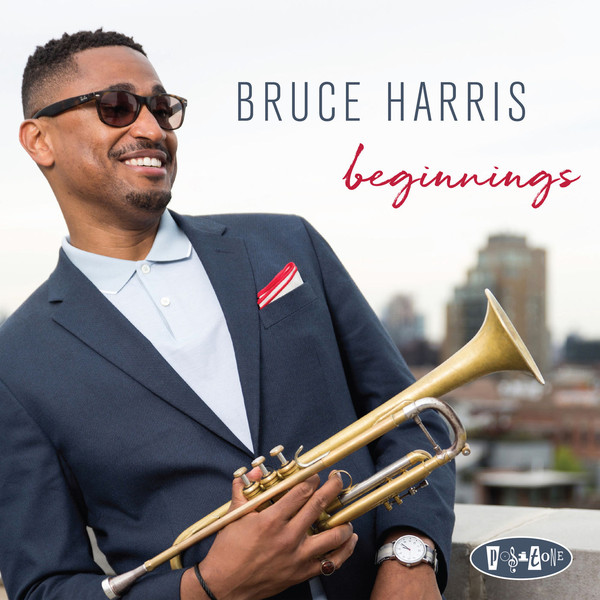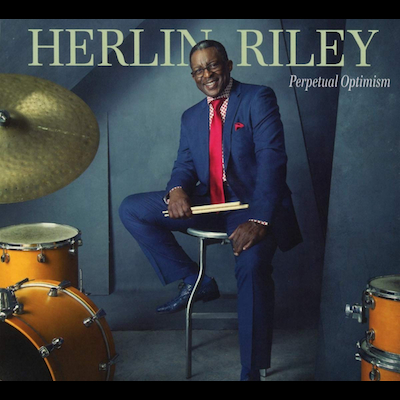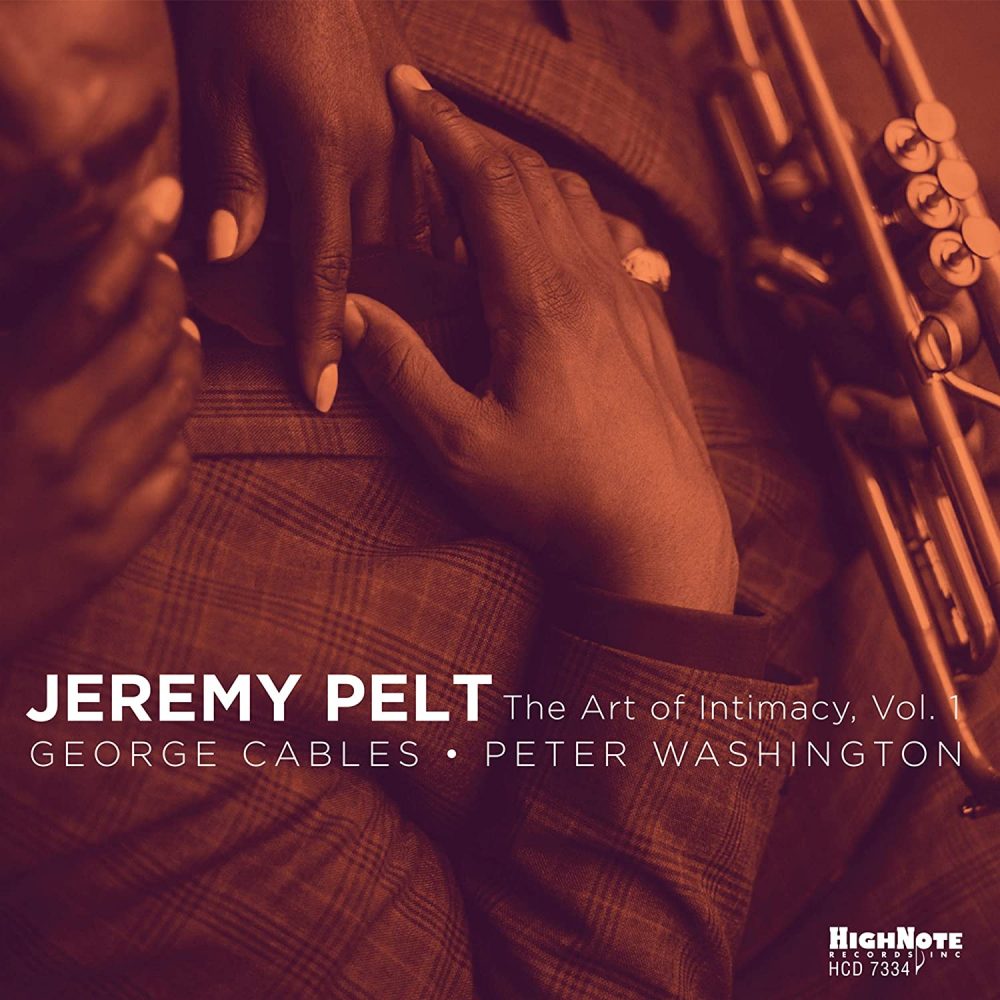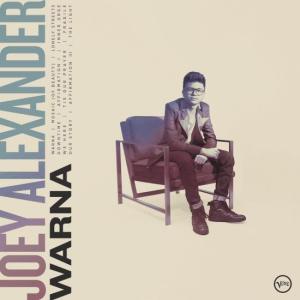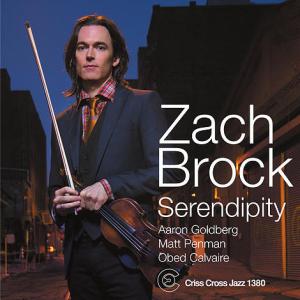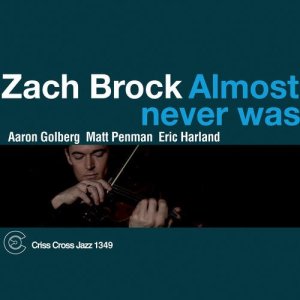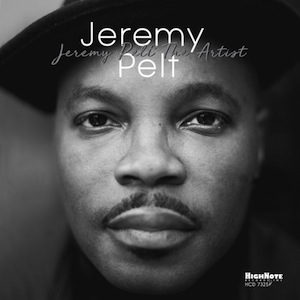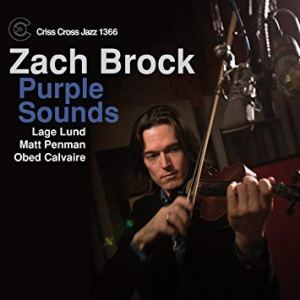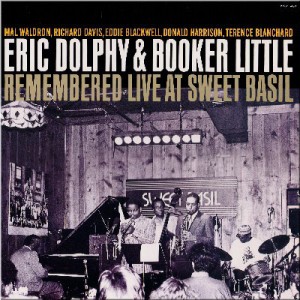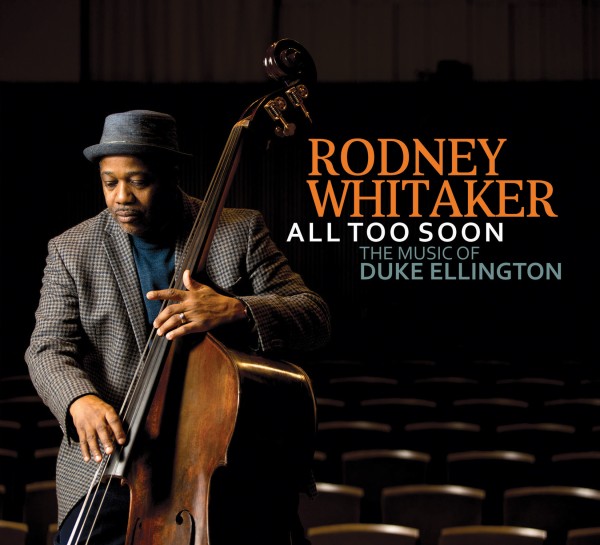
- Brian Lynch: trumpet
- Diego Rivera: tenor sax
- Michael Dease: trombone
- Richard Roe: piano
- Rodney Whitaker: bass
- Karriem Riggins: drums
- Kavon Gordon: drums (11,12)
- Rockelle Whitaker: vocals
Part of Whitaker’s “now that I’m 50” series, this recording is themed on the music of Duke Ellington. Whitaker himself may seem old or dated to some young listeners just because he’s in his fifties and has been active in the jazz world since the 1980s. But then he takes us back a whole lot further with Ellington. So when Ellington died in 1974 I was in the sixth grade. Doesn’t feel all that long ago to me… but then, that’s just my perspective. But get this! Until his death Ellington was the active leader of his orchestra; a role that he began in the 1920s! He lead his band for six decades! And perhaps his most prolific years as a composer were in the 30s and 40s. Now that is some serious history. In order to pay tribute to Ellington on this outing, Whitaker put together a three horn band and while I wouldn’t call it a “big band”, they are surely capable of sounding like one at times.
Twelve Ellington tunes run the spectrum from fast to slow, loud to soft, romp and stomp to introspective. The distinguishing marks of this particular recording would probably be the vocals of Whitaker’s daughter Rockelle and the ever present horns. But to tell you the truth, it was the leader’s bass solos that warmed my heart more than anything else. Every time he solos it sets my mind at ease. He’s just that good I guess. So below this you’ll find a few of my very brief notes from my initial listen to this CD.
Cotton Tail: Loud and busy Not very relaxing.
All To Soon: Vocal ballad. Nice muted trombone solo
Take the A Train: Fairly complex bass/piano intro. Everyone solos.
Just Squeeze Me: Light tune. Awesome bass solo. Followed by a second bass solo.
Mood Indigo: A smooth intro with bass, piano and drums. Vocal follows. Very moody arrangement. Sax solo seems too lively for this arrangement. Another great bass solo.
It Don’t Mean a Thing: Standard 4 beat but not rushed or overly busy. Full round of solos beginning with the bass!
Harlem Air Shaft: Funkiest tune so far.
Do Nothing Till You Hear From Me: Melody carried by the vocalist and trombone. Interesting combination.
Perdido: All about the horns. The piano finally solos but is really tinkly. Concluding bass solo ends it on a great note.
Azure: Slow tune featuring the vocal. Trombone and muted trumpet enrich the moody theme.
Come Sunday: Sax lead-in for the vocal. Gospel influence arrangement. The piano solo swings!
Caravan: A tune that lopes along with a tinge of mystery. Vocalist takes the lead with a scattish solo. Sax follows with a very different mood; then the piano that takes the mood back to where the vocalist had it. But the whole arrangement is themed on the contrasting feel of the sax and the vocal and purposely jumps back and forth repeatedly.
I can’t really say I’m a huge Ellington fan. Not that I have anything against him or his music at all. It’s just that I rarely listen to music from that period. Most of my stuff is more contemporary. While it is readily evident at first listen, that this CD is themed on older music, it does a couple of things well. First is to preserve the timelessness of classic jazz music. And second is to give a new, refreshed and contemporary slant to some rather old music. Both tasks are done quite well in this case.

